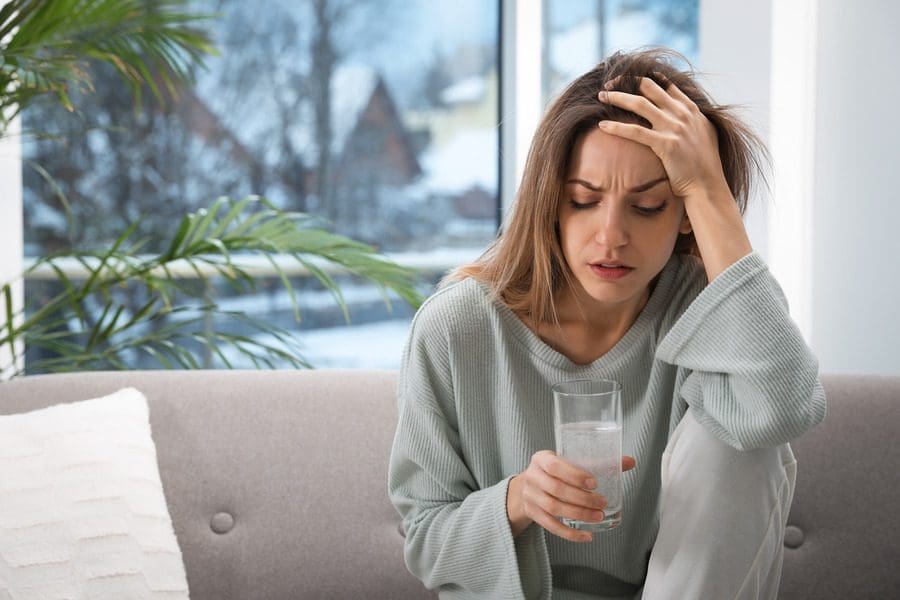Getting COVID once can be awful. But getting it again? Just plain annoying! But if the virus does strike for a second (or third, or fourth) time, be prepared with these tips!
Check Your Symptoms
There are a wide variety of symptoms related to COVID these days, including:
- Fever
- Shortness of breath/trouble breathing
- Body aches and/or chills
- Cough
- Headache
- Fatigue
- Sore throat
- Congestion
- Runny nose
- Nausea or diarrhea
- Loss of taste or smell
If you experience any of these symptoms, you could have COVID (again).
Stay Home
If you suspect you have COVID again – even if your symptoms are milder than the first time – stay home. If you live with others, isolate yourself from the rest of the household.
Test Yourself
If you have any of the symptoms above, it’s time to take a COVID test. An at-home test is sufficient; every U.S. household is eligible for free COVID-19 tests kits. A positive test result will let you know for sure whether you have COVID. If you test negative, contact your primary doctor for the next steps.
Monitor Symptoms
Monitoring your symptoms is very important when you’re sick with COVID. The last thing you want is for your health to decline quickly without notice. Look for emergency symptoms like:
- Trouble breathing
- Confusion
- Inability to wake up or stay awake
- Persistent pain or pressure in the chest
- Pale, gray, or blue-colored skin, lips, or nails
If any of these symptoms appear, call your doctor immediately or visit your nearest emergency room.
Get Proper Treatment
Per medical guidelines, it’s best to rest at home to overcome COVID. More severe cases are treated in person to prioritize patients that need the most assistance. If your case is mild, focus on resting, drinking plenty of fluids, and taking mild over-the-counter pain relievers to reduce inflammation.
Additional Suggestions
If you get COVID again, there are a few other things to keep in mind:
- Stay home from work until symptoms subside.
- Practice self-isolation methods, open windows to promote good airflow, and put a fan on to direct air outdoors.
- Clean frequently touched surfaces like doorknobs, light switches, and counters.
- Wear a protective face mask when you’re around others and change it daily.
- Always cover your mouth and nose when coughing or sneezing, even if you’re wearing a mask.
- Wash your hands frequently with soap and water.






